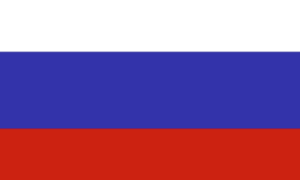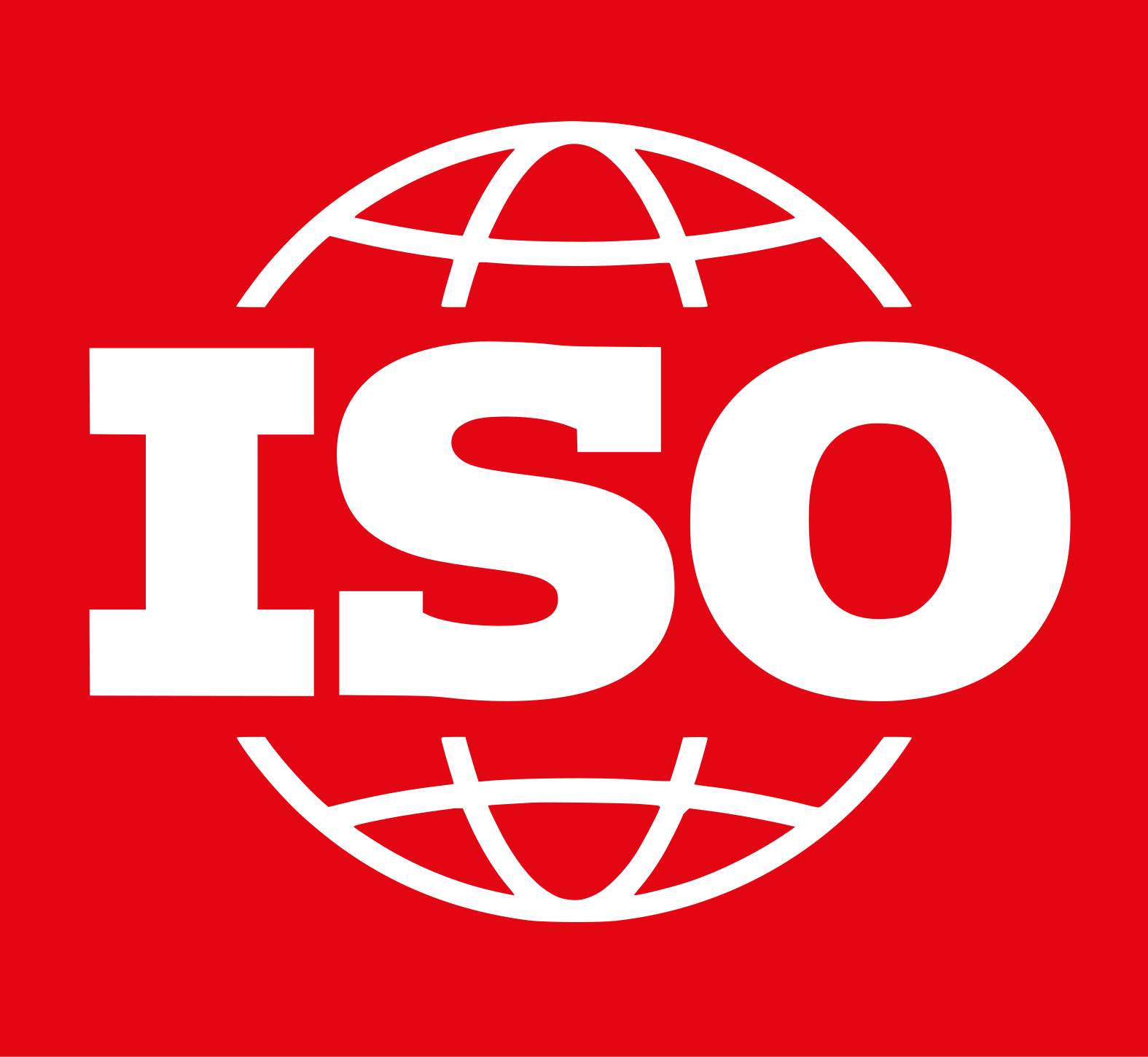Table of Contents
The hospitality industry in Nepal has witnessed significant growth in recent years, with tourism being a major contributor to the national economy. Establishing a 3-star hotel in Nepal requires compliance with various regulatory frameworks and obtaining necessary approvals from relevant authorities, including the Provincial Ministry Tourism Office. This article outlines the comprehensive process of registering a 3-star hotel in Nepal, from company registration to obtaining final approval from the Provincial Ministry Tourism Office.
Legal Framework for Hotel Registration in Nepal
The registration and operation of hotels in Nepal are governed by several laws and regulations. The primary legal frameworks include the Tourism Act 2035 (1978), Hotel, Lodge, Restaurant, Bar and Tourist Guide Rules 2038 (1981), and the Industrial Enterprises Act 2076 (2020). Additionally, the Company Act 2063 (2006) provides the foundation for establishing the business entity that will operate the hotel. These laws collectively establish the standards, procedures, and requirements for hotel registration and operation in Nepal.
The Tourism Act 2035 specifically categorizes hotels based on facilities and services provided, with 3-star hotels falling under a specific classification requiring particular amenities and service standards. According to Section 15 of the Tourism Act, hotels must be registered with the appropriate government authorities and maintain standards prescribed by the regulations.
Prerequisites for 3-Star Hotel Registration
Land and Property Requirements
For a 3-star hotel in Nepal, the property must meet specific requirements as per the Hotel, Lodge, Restaurant, Bar and Tourist Guide Rules 2038. The hotel should have adequate land area suitable for the intended capacity, proper access roads, and compliance with local zoning regulations. The land should be either owned by the company or leased for a minimum period as specified by regulations, typically not less than 15 years.
Financial Requirements
Establishing a 3-star hotel requires substantial capital investment. According to the Industrial Enterprises Act 2076, a medium-scale tourism industry like a 3-star hotel requires a minimum capital investment of NPR 100 million to NPR 250 million. Entrepreneurs must demonstrate financial capacity through equity capital and loan arrangements. Financial statements, bank guarantees, and investment plans must be prepared according to the standards set by the Company Registrar’s Office.
Technical Requirements
A 3-star hotel in Nepal must meet specific technical standards as prescribed by the Hotel, Lodge, Restaurant, Bar and Tourist Guide Rules 2038. These include:
- Minimum of 30 well-furnished rooms with attached bathrooms
- 24-hour hot and cold water supply
- Air conditioning or heating facilities
- Restaurant serving multiple cuisines
- Adequate parking facilities
- Fire safety equipment and emergency exits
- Proper waste management system
- Accessibility features for differently-abled guests
Environmental Compliance
Environmental Impact Assessment (EIA) or Initial Environmental Examination (IEE) is mandatory for hotel projects as per the Environment Protection Act 2076 (2019). For 3-star hotels, typically an IEE is required, which must be approved by the relevant provincial ministry. The assessment evaluates the hotel’s impact on the surrounding environment, including waste management, water usage, and energy consumption.
Step-by-Step Registration Process
Step 1: Company Registration
The first step in establishing a 3-star hotel is registering a company with the Company Registrar’s Office under the Company Act 2063. This process involves:
- Name reservation for the proposed company
- Preparation of Memorandum and Articles of Association
- Submission of required documents including citizenship certificates of promoters
- Payment of registration fees based on authorized capital
- Obtaining the Certificate of Incorporation
The company registration process typically takes 7-15 days, depending on the completeness of documentation and the workload at the Company Registrar’s Office.
Step 2: PAN/VAT Registration
After company registration, the next step is to obtain Permanent Account Number (PAN) and Value Added Tax (VAT) registration from the Inland Revenue Department:
- Submit application form along with company registration certificate
- Provide details of company directors and shareholders
- Submit lease agreement or ownership documents of business premises
- Obtain PAN/VAT certificates
As per Section 10(1) of the Value Added Tax Act 2052, all hotels must register for VAT regardless of their turnover, as hotel services are mandatorily VAT-applicable services.
Step 3: Department of Tourism Registration
Registration with the Department of Tourism is a crucial step for hotel establishment:
- Submit application with prescribed forms to the Department of Tourism
- Provide company registration and PAN/VAT certificates
- Submit detailed project report including investment plan
- Provide land ownership or lease documents
- Submit architectural plans approved by the local municipality
- Obtain letter of intent/provisional registration
Education consultancy registration in Nepal
According to Section 15 of the Tourism Act 2035, the Department of Tourism issues a letter of intent that allows the hotel project to proceed with construction while meeting the prescribed standards.
Step 4: Municipality Approval and Construction
Before construction begins, approvals from the local municipality are required:
- Submit building plans and designs to the local municipality
- Obtain construction permits after review of compliance with building codes
- Begin construction while adhering to approved plans
- Arrange for periodic inspections by municipal authorities
- Obtain completion certificate after construction
The Local Government Operation Act 2074 (2017) empowers municipalities to regulate building construction and ensure compliance with local building codes and zoning regulations.
Step 5: Provincial Ministry Tourism Office Approval
The final and most critical step is obtaining approval from the Provincial Ministry Tourism Office:
- Submit application to the Provincial Ministry Tourism Office with all previous approvals
- Arrange for physical inspection of the hotel premises by the ministry officials
- Demonstrate compliance with all 3-star hotel standards and requirements
- Obtain the 3-star hotel operation license
- Register with the Provincial Tourism Board for ongoing compliance monitoring
As per the federalized structure under the Constitution of Nepal 2072 (2015), provincial governments have authority over tourism activities within their jurisdiction, making this approval essential for legal operation.
Post-Registration Compliance Requirements
Annual Renewals and Reporting
After successful registration, 3-star hotels must comply with various ongoing requirements. The hotel license must be renewed annually with the Provincial Ministry Tourism Office. Financial statements must be submitted to the Company Registrar’s Office, and tax returns must be filed with the Inland Revenue Department. According to Section 22 of the Tourism Act 2035, failure to renew the license may result in penalties or suspension of operations.
Quality Standards Maintenance
The Hotel, Lodge, Restaurant, Bar and Tourist Guide Rules 2038 mandate that 3-star hotels maintain specific quality standards. Regular inspections are conducted by tourism authorities to ensure compliance. Hotels must maintain guest registers, provide standardized services, and ensure hygiene and safety standards are met consistently.
Employment and Labor Compliance
Hotels must comply with the Labor Act 2074 (2017), which governs employment conditions, working hours, minimum wages, and other labor-related matters. For 3-star hotels, employing trained staff with proper qualifications is mandatory, particularly for key positions such as managers, chefs, and front desk personnel. The Act also requires hotels to contribute to the Social Security Fund for all employees.
Challenges and Considerations
Location Selection
Choosing the right location is critical for a 3-star hotel’s success. Factors to consider include proximity to tourist attractions, accessibility, competition analysis, and local infrastructure. Urban areas like Kathmandu, Pokhara, and Chitwan have different market dynamics compared to emerging tourist destinations. The location also affects the regulatory requirements, as different municipalities may have varying building codes and zoning regulations.
Investment and Financing
The substantial capital requirement for establishing a 3-star hotel necessitates careful financial planning. Entrepreneurs should explore various financing options, including equity investment, bank loans, and potential partnerships. The Nepal Rastra Bank has specific provisions for tourism sector financing, including concessional loan facilities for hotel projects that meet certain criteria.
Market Analysis and Feasibility
Before proceeding with registration, conducting a comprehensive market analysis and feasibility study is essential. This should include assessment of tourist arrivals, occupancy rates of existing hotels, pricing strategies, and potential return on investment. The Nepal Tourism Board provides statistical data that can be valuable for this analysis.
Operational Planning
Developing a detailed operational plan covering staffing, marketing, supply chain management, and service delivery is crucial for success. The plan should align with the standards required for a 3-star classification and consider seasonal variations in tourist arrivals.
FAQs About 3-Star Hotel Registration in Nepal
What is the minimum investment required for a 3-star hotel in Nepal?
According to the Industrial Enterprises Act 2076, a 3-star hotel typically falls under the medium-scale tourism industry category, requiring a minimum capital investment of NPR 100 million to NPR 250 million. This includes land, building, furnishings, equipment, and working capital necessary for operations.
How long does the entire registration process take from start to finish?
The complete registration process for a 3-star hotel in Nepal typically takes 12-18 months. This timeline includes company registration (2-3 weeks), obtaining necessary approvals (2-3 months), construction period (8-12 months), and final inspection and certification (1-2 months). Delays may occur due to documentation issues or construction complications.
What are the annual renewal requirements for a 3-star hotel license?
Annual renewal of a 3-star hotel license requires submission of an application to the Provincial Ministry Tourism Office along with renewal fees, updated financial statements, tax clearance certificates, environmental compliance reports, and evidence of maintaining required service standards. The renewal application must be submitted at least 30 days before the expiry of the current license.
Can foreign investors establish a 3-star hotel in Nepal?
Yes, foreign investors can establish a 3-star hotel in Nepal. According to the Foreign Investment and Technology Transfer Act 2075 (2019), foreign investment is permitted in the hotel industry. Foreign investors can own up to 100% equity in a hotel business, subject to a minimum investment threshold of USD 500,000. However, they must obtain approval from the Department of Industry and the Nepal Rastra Bank.
What are the specific room requirements for a 3-star hotel classification?
For 3-star classification, hotels must have a minimum of 30 well-furnished rooms with attached bathrooms. Each room must be at least 14 square meters in size (excluding bathroom), equipped with proper beds, linen, telephone, television, wardrobe, and temperature control systems. Bathrooms must have 24-hour hot and cold water supply, standard fixtures, and toiletries.
What environmental compliance measures are required for 3-star hotels?
Environmental compliance for 3-star hotels includes conducting an Initial Environmental Examination (IEE), implementing proper waste management systems, water conservation measures, and energy efficiency practices. Hotels must also have sewage treatment facilities, rainwater harvesting systems where applicable, and comply with noise pollution standards as per the Environment Protection Act 2076.
How are hotel star ratings reviewed and monitored in Nepal?
Hotel star ratings in Nepal are reviewed through periodic inspections conducted by the Provincial Ministry Tourism Office and the Department of Tourism. These inspections assess compliance with prescribed standards for facilities, services, cleanliness, staff qualifications, and guest satisfaction. Hotels failing to maintain standards may be downgraded or have their licenses suspended until deficiencies are rectified.





























